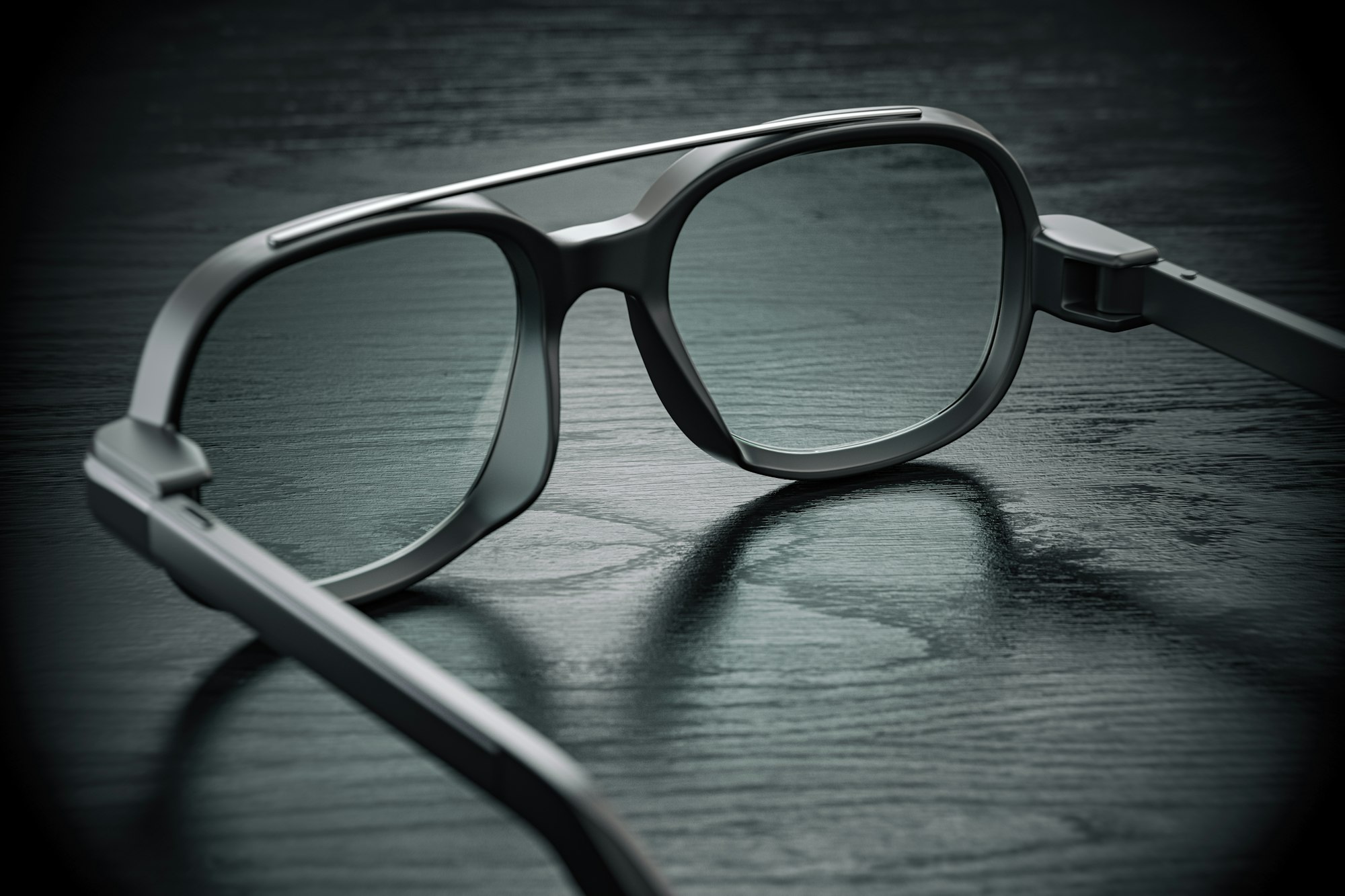The rise of AI-powered glasses tailored for dementia patients marks a significant breakthrough in elderly care, especially in fall prevention. With tech firms competing for the development of a £1 million innovation, these glasses are designed to predict and prevent falls among dementia sufferers by analyzing movement patterns and alerting caregivers when a risk is detected.

What Are AI Glasses for Dementia Care?
These AI-enhanced glasses integrate sensors, cameras, and machine learning algorithms to monitor the wearer’s movements in real-time. By analyzing gait patterns, posture changes, and environmental factors, they can identify potential fall risks before they occur. If a risky movement is detected, the glasses can issue alerts to caregivers or family members via connected apps, providing real-time updates on the wearer’s condition.
How Do These Glasses Differ from Existing Technology?
The current landscape of fall prevention technology includes wearables like smartwatches, but AI glasses offer a hands-free solution that seamlessly fits into a patient’s daily life. Unlike traditional alert systems that react post-fall, these glasses aim to be proactive by analyzing movements in real-time, offering an additional layer of security through early intervention. Furthermore, their discreet design ensures that users don’t feel stigmatized or singled out due to their condition.
Potential Challenges and Privacy Concerns
While AI glasses offer groundbreaking potential, challenges such as data privacy and accuracy must be addressed. Monitoring dementia patients involves collecting sensitive information about their movements and behavior. Thus, data security measures, like encryption and user consent protocols, are crucial to protect against misuse. Another challenge lies in ensuring that the AI models are accurate and can adapt to diverse movement patterns among different users, preventing false alerts that could cause anxiety.
Market Competition and the £1 Million Prize
The promise of a £1 million prize has spurred tech companies to innovate in this space. The incentive aims to encourage the development of affordable, user-friendly, and effective solutions for dementia care. Companies are focusing on creating devices that are accessible, both in terms of cost and ease of use, ensuring that those in need can benefit without a prohibitive price tag.
Real-World Impact: Improving Quality of Life for Dementia Patients
For patients living with dementia, falls can be life-threatening, leading to a loss of mobility and independence. The introduction of AI glasses could transform their daily experience by offering an invisible safety net. Caregivers also benefit from the peace of mind provided by real-time updates, allowing them to respond quickly when needed. As a result, these innovations could potentially reduce hospital admissions due to falls, alleviating pressure on healthcare systems.

Commonly Asked Questions
1. How do AI glasses detect fall risks?
AI glasses use sensors and cameras to track the wearer’s movements. The data is processed through machine learning models trained to identify changes in gait, posture, or balance that indicate a higher risk of falling.
2. Are these glasses available on the market yet?
As of now, AI glasses for dementia care are in the development phase, with several companies testing prototypes. The competition for the £1 million prize is expected to accelerate their availability in the market within the next couple of years.
3. How do these glasses address privacy concerns?
To address privacy, companies are working on secure data storage and transfer methods. Most designs include encryption for data and give patients or their guardians control over data sharing preferences.
4. Can these glasses be used by patients without dementia?
Yes, while they are designed with dementia patients in mind, the technology can be adapted for other elderly individuals or those with balance issues to help prevent falls.
5. What is the cost of these AI glasses?
The cost is still undetermined as products are not yet widely available. However, the focus of many companies is on affordability, with the goal of making them accessible to a broad range of patients and healthcare providers.
AI glasses have the potential to reshape how we approach dementia care, providing patients with a safer and more independent lifestyle. As these technologies develop, they could become a crucial tool in managing one of the most challenging aspects of dementia—unpredictable falls.
Sources The Guardian


